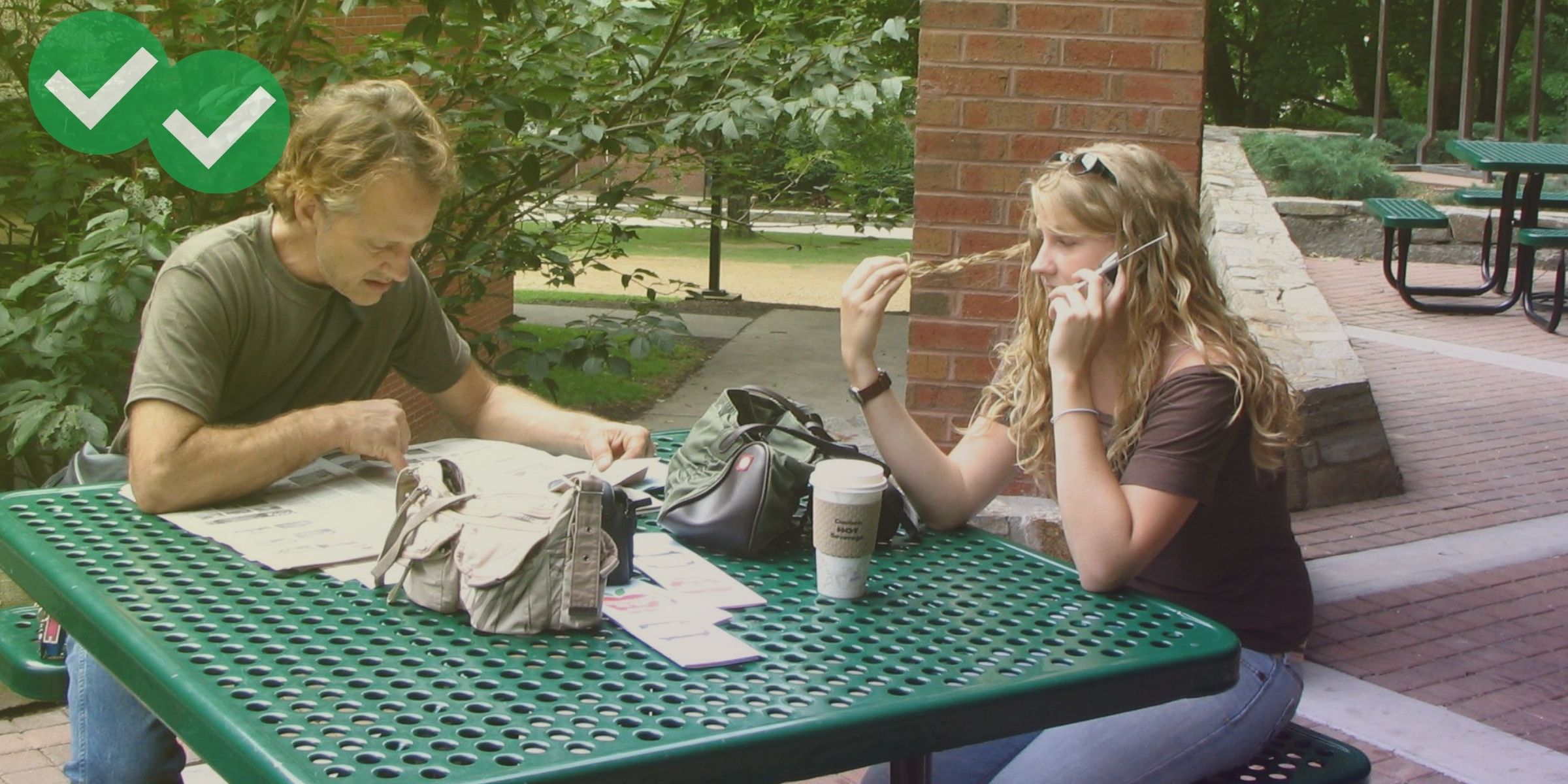
I love Lucas’s TOEFL Tuesday videos. And he made an especially good video last week. He talked about the worst mistake in TOEFL Writing: plagiarism.
Lucas’s message in that video was urgent: don’t copy the words from the TOEFL Integrated Writing passage. Just don’t. Choose not to! I even detected a hint of frustration in his voice. And I can relate. So many students willfully choose to copy the words of other writers, rather than coming up with the original phrasing they need for a good score. I’ve seen this kind of willful copying happen time and time again — both with TOEFL students and with students in university English writing classes.
More often than not, it really is such a frustrating situation. Test-takers and students know they shouldn’t just copy. But they tell themselves that maybe the TOEFL scorer won’t notice. Or they convince themselves that only copying one sentence… or half a sentence… or several phrases… won’t hurt their score all that badly, and is less risky than trying to come up with their own original wording. (The truth is that plagiarism will ALWAYS hurt your TOEFL score more than mere bad wording.)
There’s also a less common situation in which students plagiarize on the TOEFL. Sometimes, under the stress of testing conditions, a student may echo an entire phrase they just read… and not realize they just did so. It’s bizarre, but I’ve seen it happen. And I’ve even done this myself once or twice during my long academic career when I was unusually stressed out and unfocused.
Avoid Plagiarism by Getting Rid of Bad Mental Habits
Whether you plagiarize on purpose or plagiarize accidentally, the root cause of this “worst mistake” is the same… bad mental habits. Students who deliberately plagiarize have bad thinking because they fail to have faith in their own paraphrasing ability… and they fail to recognize how valuable their paraphrases are.
The less common type of plagiarizer — the accidental plagiarizer — is also a person with bad mental habits. Feeling stress shouldn’t cause you to accidentally plagiarize. If this happens, you have failed to get sufficiently comfortable with paraphrasing. It’s easy to turn paraphrasing into an almost automatic habit. But you need to practice it sufficiently.
Paraphrasing practice sets the correct goal for student writing — originality, not perfection. Your own original wording probably won’t look as good as the wording in a TOEFL passage or another academic source. And there’s no reason it should. The people who write academic passages are experienced professional writers and you aren’t. And that’s OK.
What’s important is that you practice rephrasing sources in your own original words and practice it a lot. Original wording leads to original thinking. Through paraphrasing, you’ll find yourself understanding the meaning of the source material more deeply. You’ll start to take pride in your ability to take someone else’s thoughts and make them your own with your own words. This will help you understand the high worth of your own originality, so that you’ll be less tempted to just copy the words of others. It will also help you get very comfortable with using your own words, so that you don’t accidentally copy a phrase or two on the TOEFL just because you are stressed out.
Are you sold on the value of paraphrasing practice yet? I should hope so! Go check out Kate’s tutorial on paraphrasing, and my paraphrasing activity. You’ll be glad you did.






Leave a Reply